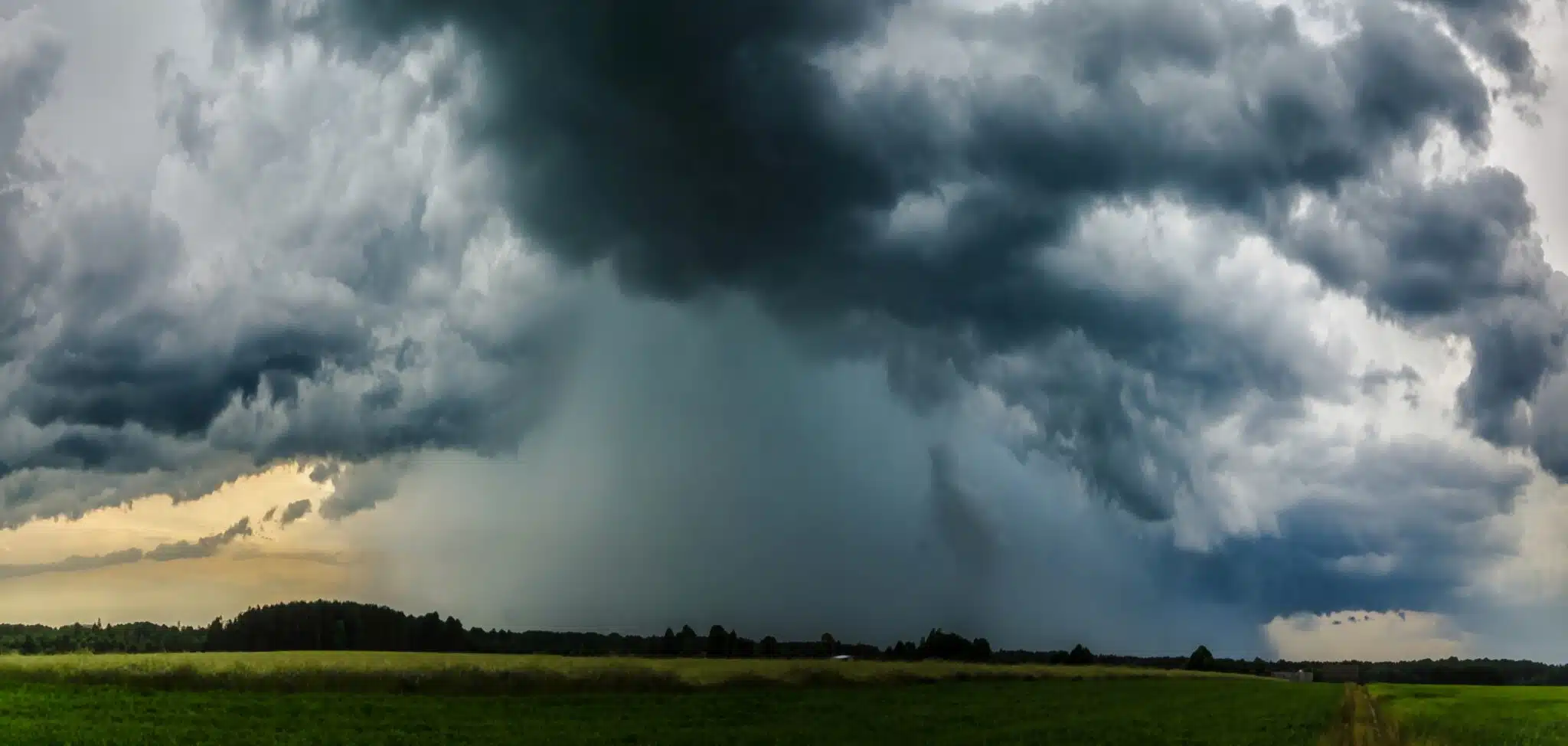Severe weather can move quickly, leaving little time to react. When alerts are only shared in English, entire groups of people may miss information that could protect them or their families.
Language services make it possible to deliver warnings, evacuation notices, and safety instructions in ways more people can understand. That kind of access can shape how someone responds in the moment, especially when decisions need to be made fast.
Why Language Access Matters During Severe Weather
In many areas, English isn’t the primary language spoken at home for a large portion of the population. During a severe weather event, even a short delay in understanding an alert can lead to confusion, hesitation, or missed instructions.
When information is available in multiple languages, people are more likely to respond quickly and take the right steps.
Communication Needs in Emergency Settings
Emergency communication comes in many forms, and each one may need language support. Real-time interpretation is often needed for 911 calls, dispatch coordination, and on-site response. Written translations cover alerts, evacuation notices, and instructions for staying safe.
Public messages may be shared through social media, text alerts, or signage in community spaces. Voice, text, and visual formats all play a role, depending on how people receive and process information during high-stress moments.
Building a Language Plan Before Severe Weather Hits
Preparing ahead allows teams to respond faster when severe weather strikes. Start by reviewing demographic data to understand which languages are most commonly spoken in your area. Message templates can be created in advance using plain language that’s easy to translate and update.
Language partners can help set up workflows that support quicker turnarounds when timelines are tight. Interpreters and translators can also be scheduled in advance during seasons when weather-related activity tends to increase.
Examples of What Strong Language Support Looks Like
Strong language support shows up in how quickly and clearly information is shared. Written alerts translated into multiple languages help reach a wider audience as conditions change. Interpreters can support press briefings, shelters, and emergency hotlines, where people often have questions that need immediate answers.
For those who are visually impaired or have limited literacy, text-to-speech tools or recorded voiceovers can make safety updates more accessible in the moment.
Language Access is a Safety Issue
Public safety depends on communication that reaches everyone. When language access is built into emergency planning, more people are able to take action quickly and with confidence.
Propio works with public agencies to support multilingual alerts, interpretation, and rapid translation so teams can respond without delay. Planning ahead helps make response efforts stronger and more effective across the communities you serve.







